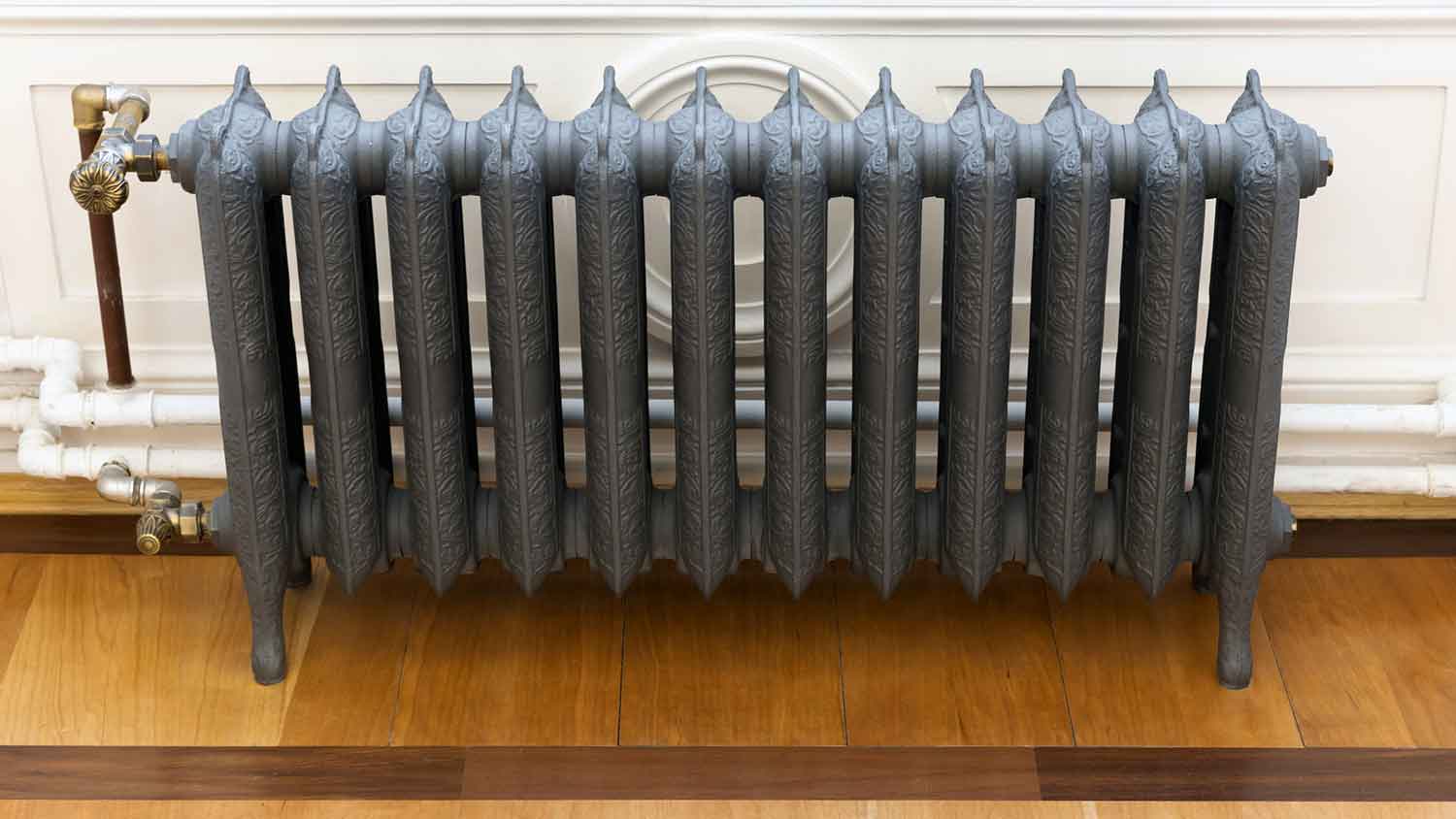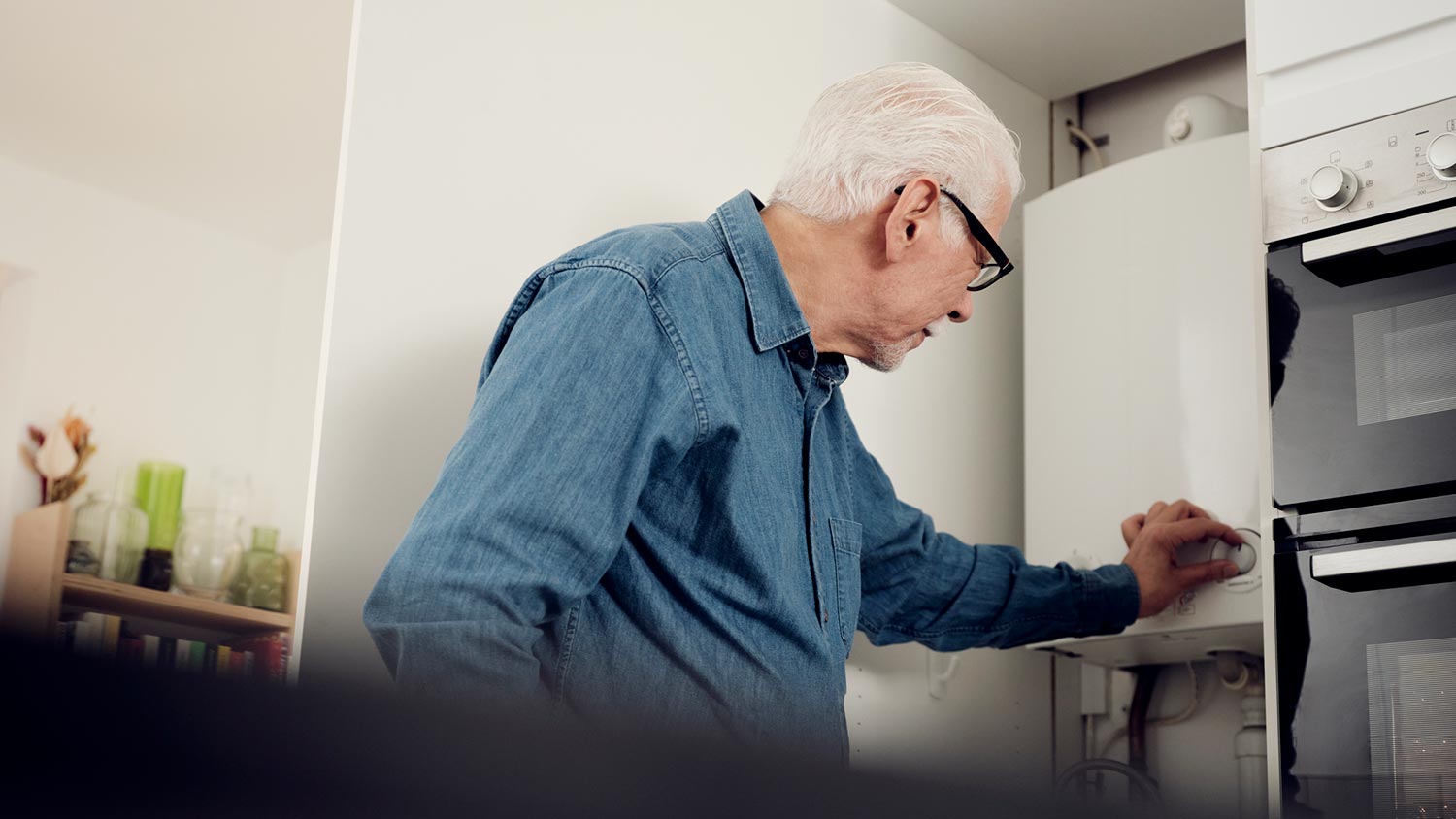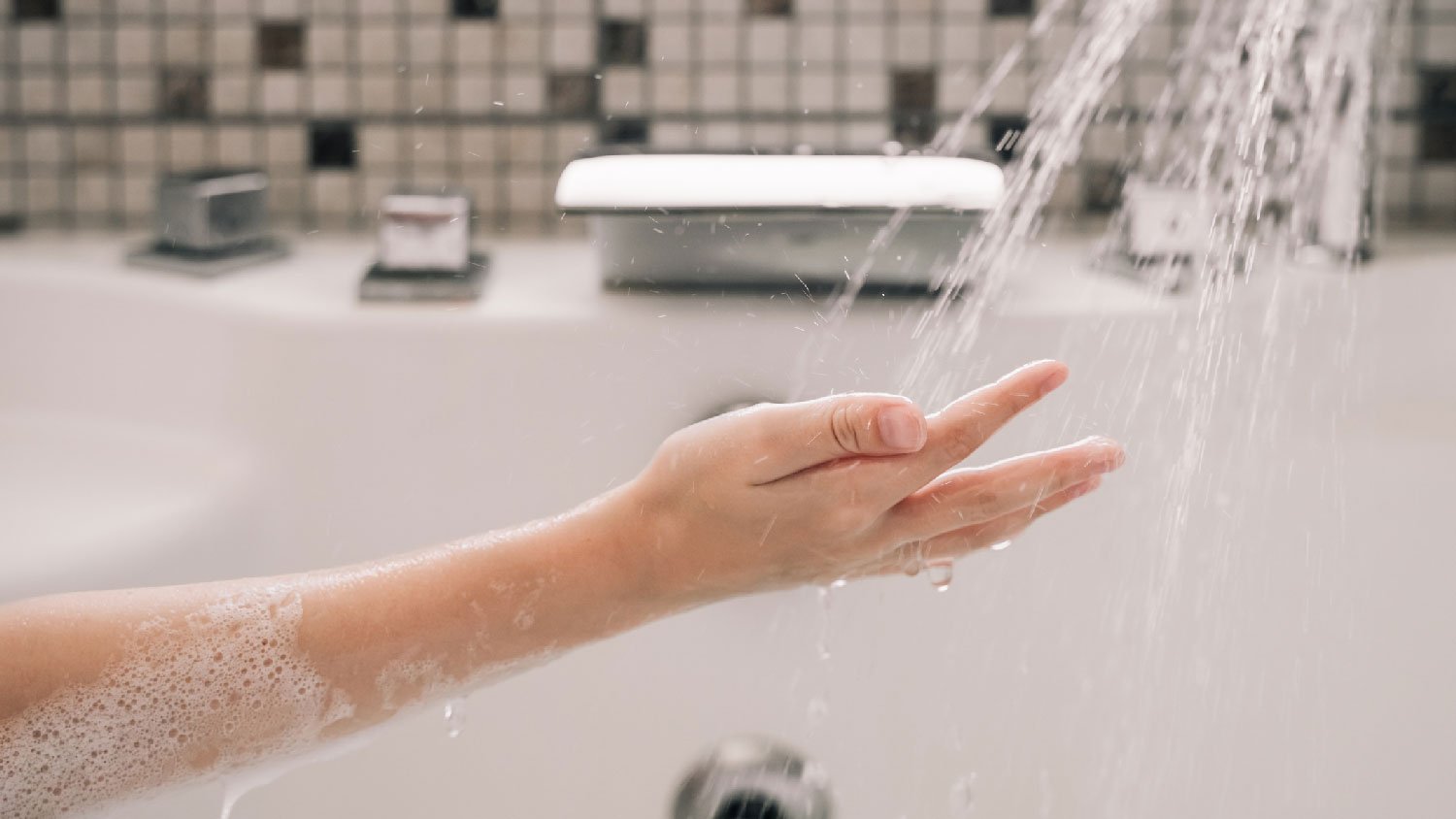5 Boiler and Radiator Questions to Discuss With an HVAC Pro
Don’t get burned—what to ask a heating expert


An HVAC home improvement project is not something to DIY. You’ll want to reach out to a technician who can help with installation and routine boiler and radiator maintenance. A qualified local HVAC pro can walk you through the process and help you pick the right system for your home. Here are five key boiler and radiator questions to discuss with your service provider.
1. What is the location of your boiler and radiator?
Before you start boiler and radiator installation, your local HVAC pro will need to know specifics about the location of the heating system in your home. These are some questions to address:
What type of energy does your heating system currently use?
Where is your boiler located?
Where are your radiators located?
Do you have insulation in your home?
Do you use zoned heating?
2. What type of heating system needs to be installed?
Your contractor will need to know what kind of system you’re looking to install because it impacts the installation process. Based on the energy source used, some systems have different regulations. Boilers can use natural gas, oil, propane, or electricity. The different types of radiators include steam, hot water, or electric radiators. Note that some radiators may require a boiler, while others do not. Check that your location is compatible with the type of system you plan to install.
3. What is the square footage of the space that needs to be heated?
Before your HVAC professional can install a heating system, they’ll need to know the size of the space you plan to heat. For the average 2,000-square-foot house, look for a boiler with a capacity of 60,000 BTU. Similarly, your contractor will need to size your radiators so each room gets the right output.
4. Do you have gas connections and a flue installed?
HVAC installation has a lot of regulations, especially regarding gas line installation and venting. If you plan to install a gas boiler, you’ll need a gas hookup. There are some instances—moving your gas boiler or switching to gas from another energy source, for instance—where you’ll need to install new gas lines.
Similarly, since most boilers burn some type of fuel, your contractor may want to know if you have a flue or need to install one. A flue vents byproducts such as carbon monoxide outside the home where it can dissipate safely.
5. When would you like to start this project?
Your contractor will need to shut off the utilities while working on the boiler, so it can cause a disruption. To properly prepare, discuss the timeline with your contractor by asking the following questions:
When will you arrive to start the project?
When do you expect to finish the project?
What happens if you hit a snag that causes delays?



















